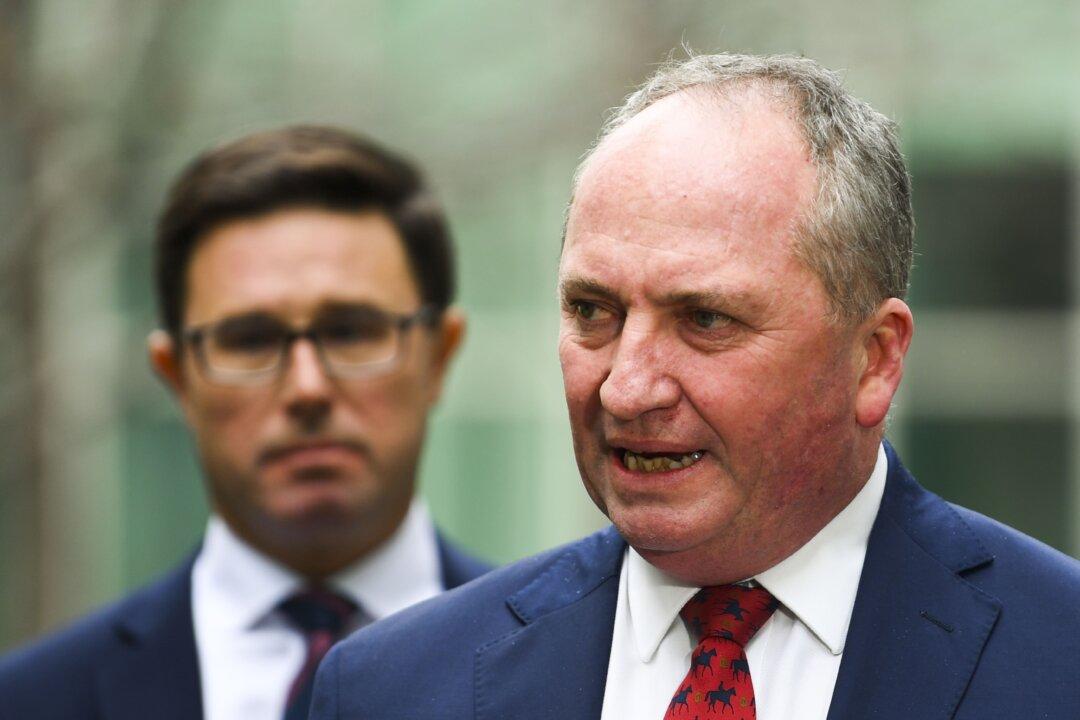As Australia approaches adopting a net zero emissions target, Deputy Premier and Nationals leader Barnaby Joyce has urged the prime minister to address critical concerns on how the move should be achieved without undermining the nation’s economy.
All eyes have settled on the resource-rich country ahead of the 26th United Nations Climate Change conference, where it is expected Prime Minister Scott Morrison will overturn Australia’s stance of being one of the only nations without a hard net zero emissions target.





